It doesn’t really matter if the setting is a biblical village or a 21-century metropolitan, people have always been motivated by the same core emotions that define us as a species. Mothers have cared and still care for their children, kids have been hurt by other kids as they still are today, men go to war filled with emotions of patriotism and fear, as they did in ancient times.
Human beings are a mixture of complex emotions that cannot always be explained rationally, and many times we find ourselves stuck with insufficient words to describe what storms inside our psyche. The battle between the heart and the mind has been explored throughout the ages, questioning our control over our emotions or being able to actually choose what perceptions we want to follow through the situations of our life.
Seeking the answers to these ponderings in reflection on King Solomon’s Wisdom reveals how deep and sincere was his understanding of the human spirit. His subtle way of processing emotional situations has continuously led him to see the entire picture and judge from a wider perspective. His practices and conclusions have a great influence on the emotional triggers that drive us still and the way we too can choose to direct them to our own benefit.
We’re free to choose which emotions we want to feed, positive or negative, but many times we tend to overlook this choice and in fact “choose” to feel bad, angry, and depraved, instead of following a different perspective.
Take the story of the Judgment of Solomon, for example. Two women claimed to be the mothers of a specific child. As a verdict, Solomon ordered to cut the boy in half to settle the matter, only then one of the women wavered her claim over the boy so that he could live. At that moment the king knew she was the true mother of the boy. Solomon used his great emotional intelligence to direct the situation in a far more constructive manner, leading the participants in a calm and controlled process to act upon a decision.
“Be not hasty in thy spirit to be angry, for anger resteth in the bosom of fools.” Ecclesiastes 7:9
True, it’s one thing to choose to be calm and another thing to apply, because in most cases we are affected more by our emotions than our reason. Some people might go crazy due to the slightest change in their daily routine, and some will simply succumb to the flow, but the fact still stands – it’s difficult for us to implement the advice we so easily give to others to improve.
How can we be more emotionally intelligent, wiser in heart and mind combined?
Emotional intelligence is explained as the capacity to reason about emotions, and to learn how to understand them and generate them to assist us. By reaching such a high level of practice, as Solomon displayed, we set ourselves to enhance emotional and intellectual growth.
So, how do we perceive our life situations and events? How can we harness them like a set of skills to upgrade our life completely?
Expanding our self-awareness with knowledge of the source of wisdom
King Solomon’s Wisdom is the source of knowledge containing every element turning through the human wheel of life. It teaches us to how to actually widen our self-awareness and sharpen our ability to see things from multiple angles. An open-minded person can empathize a lot more easily with their surroundings and understand what others won’t even see. This approach of clarity in life is a choice, one that can make us significantly more able to cope with the situations life throws at us, as they affect the way we make decisions and achieve our goals accordingly.
Aspiring to be a more skillful person, emotionally, is correlated with self-development and personal success.
Wouldn’t that be a technique you’d wish to acquire?

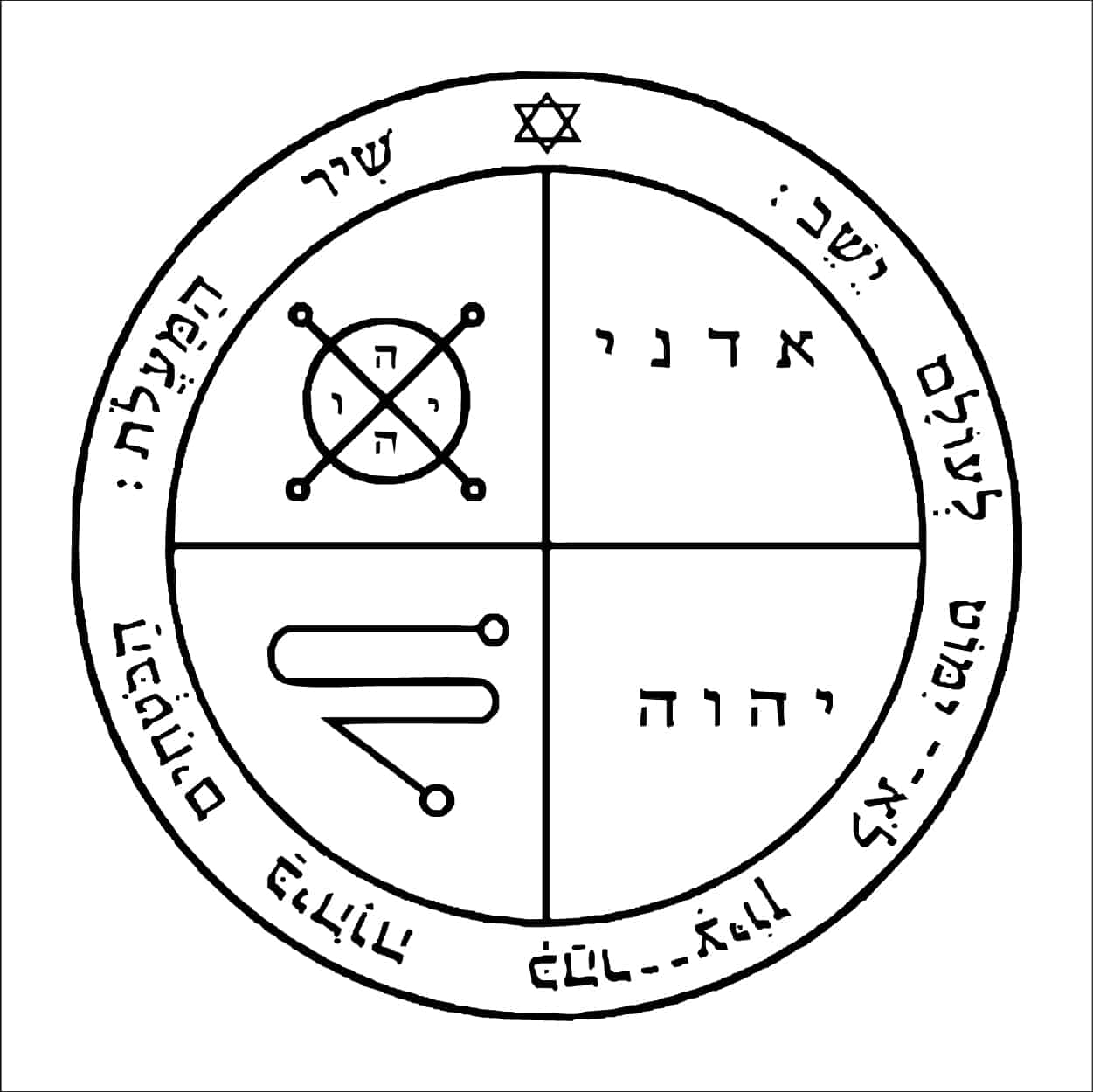 Evil Eye Protection Seals
Evil Eye Protection Seals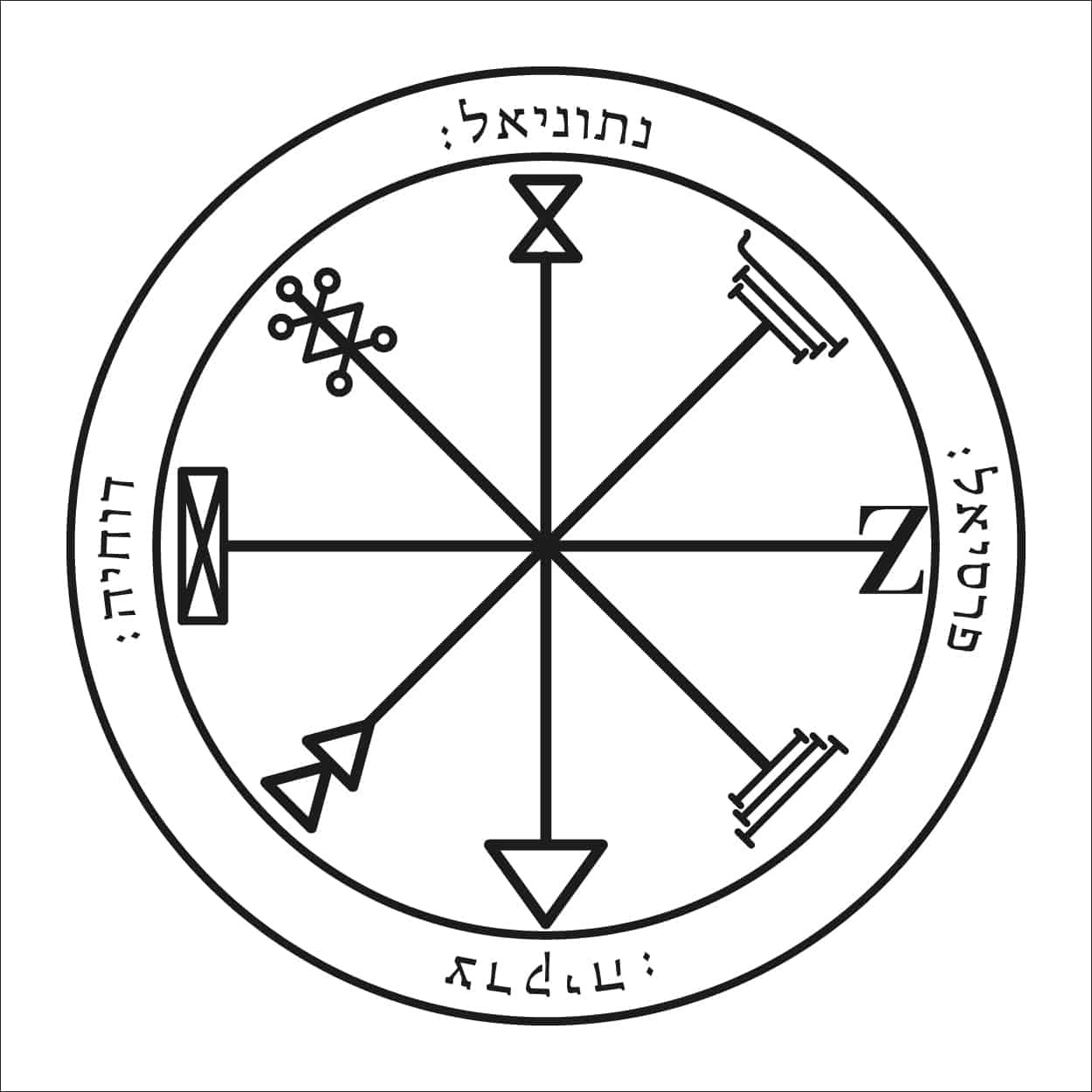 Abundance & Prosperity Seals
Abundance & Prosperity Seals Guarding & Protection Seals
Guarding & Protection Seals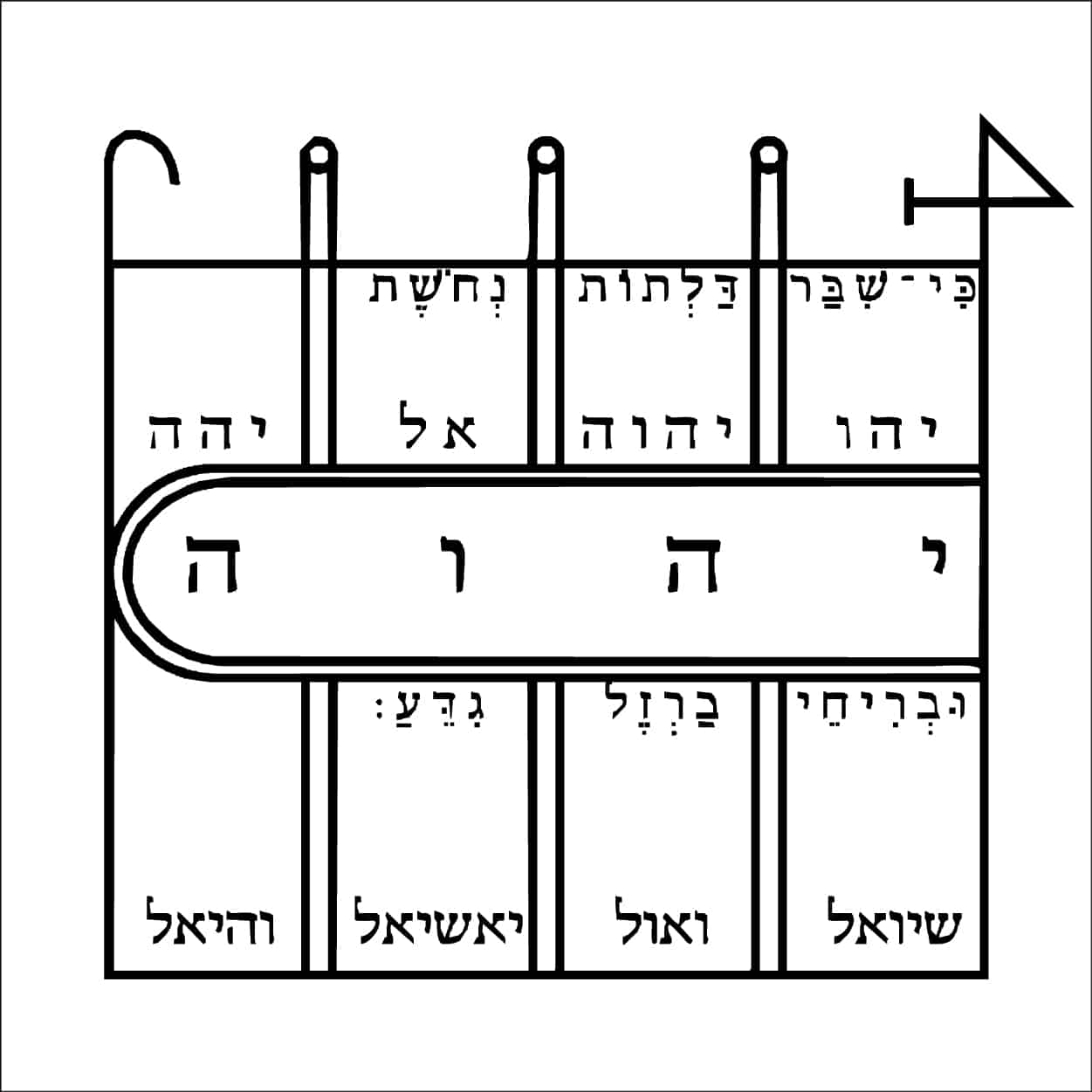 Paths Clearing Seals
Paths Clearing Seals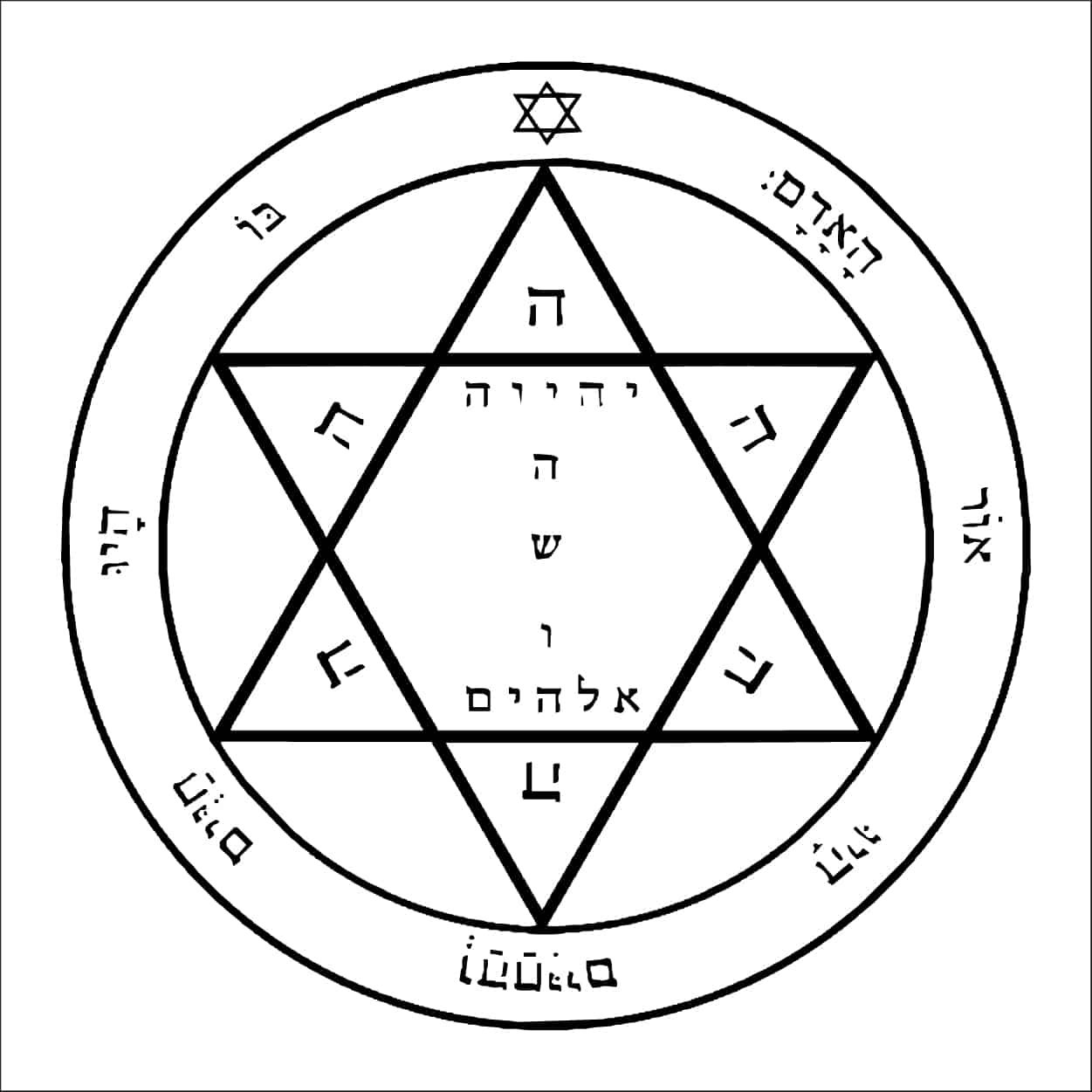 Health Seals
Health Seals Recuperation Seals
Recuperation Seals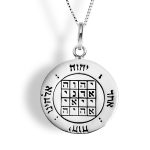 Spiritual Growth Seals
Spiritual Growth Seals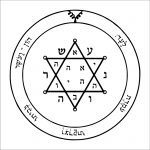 Tranquility & Equilibrium Seals
Tranquility & Equilibrium Seals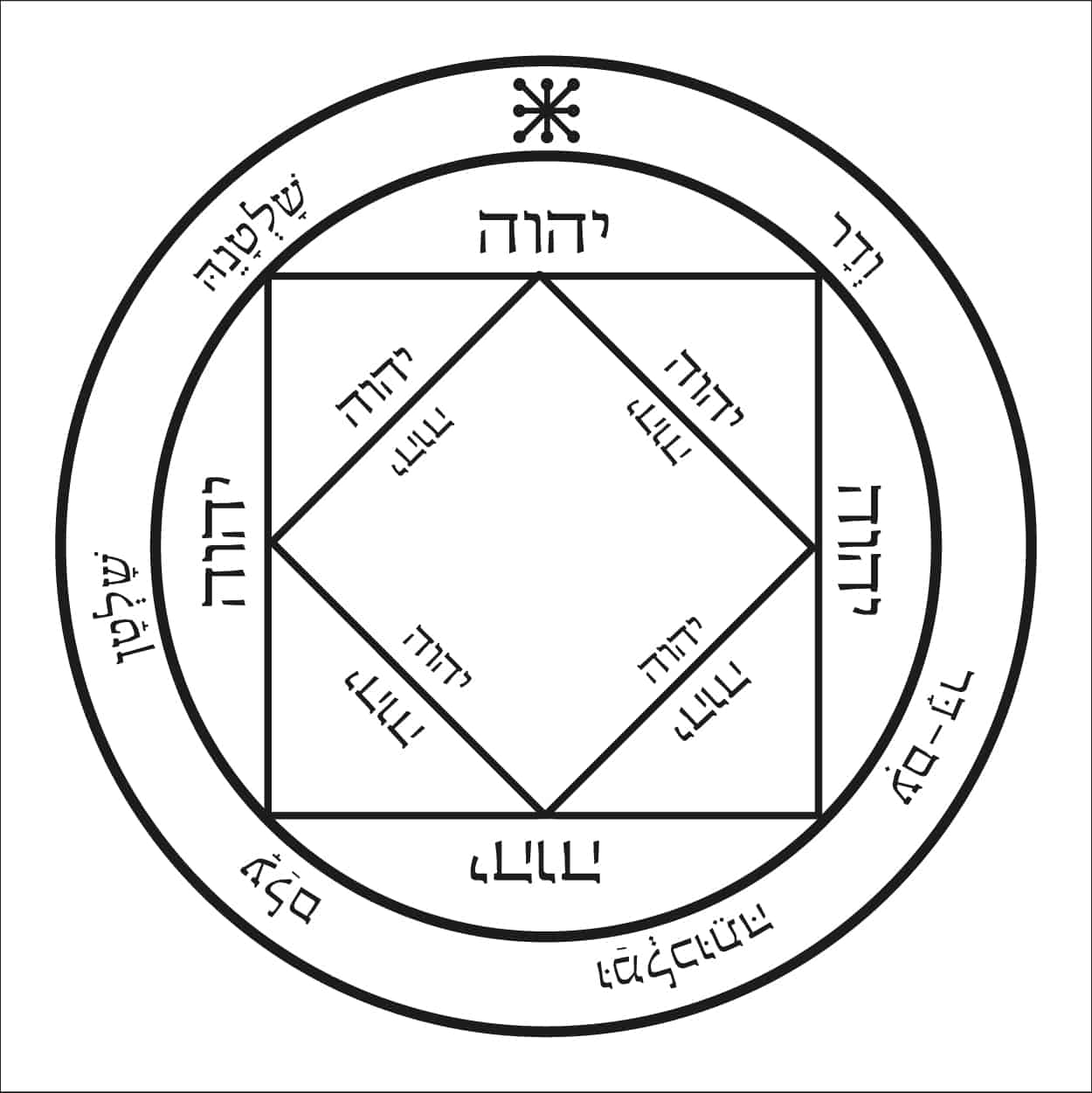 Victory & Achievement Seals
Victory & Achievement Seals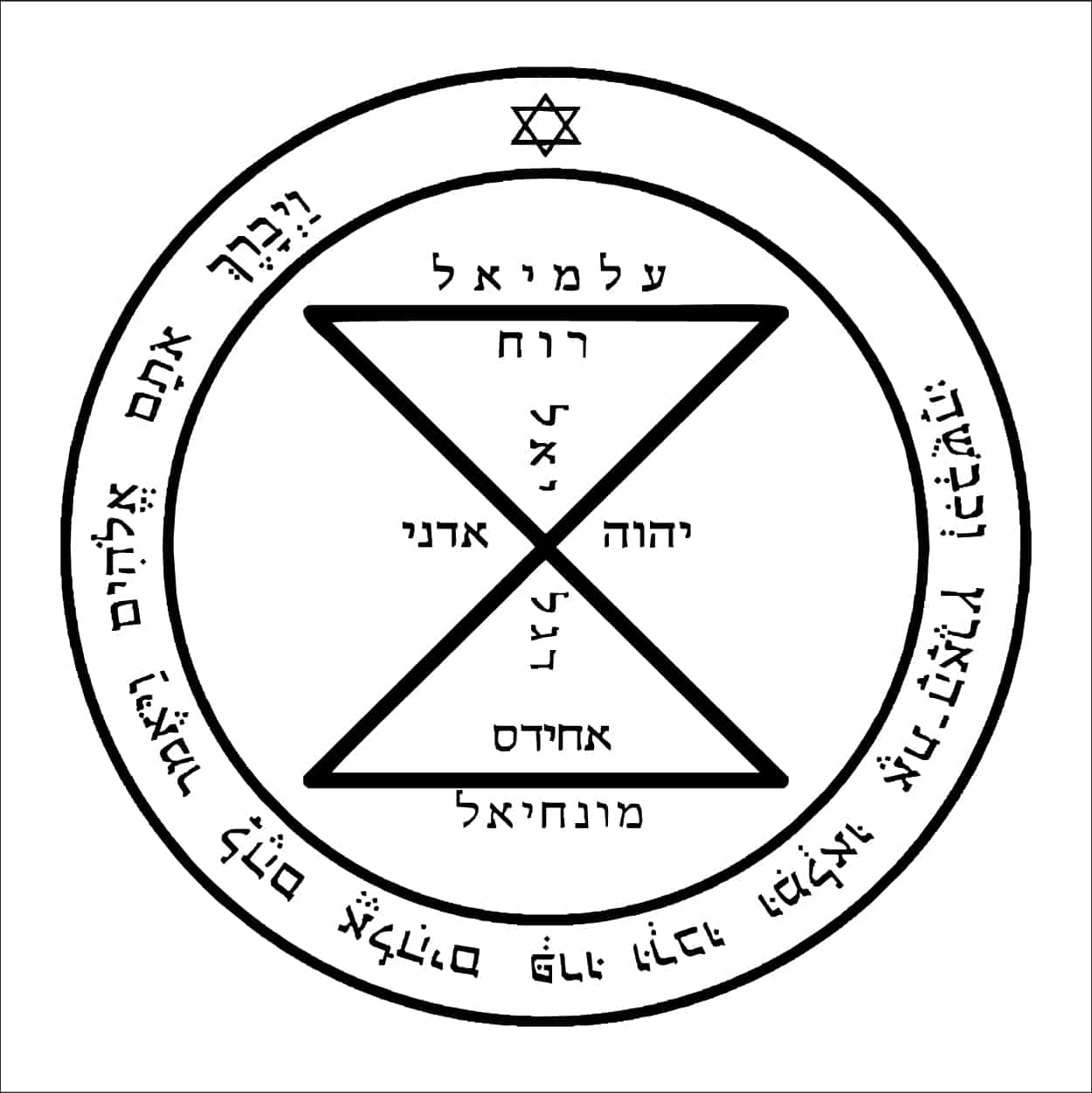 Matching Seals
Matching Seals Love Seals
Love Seals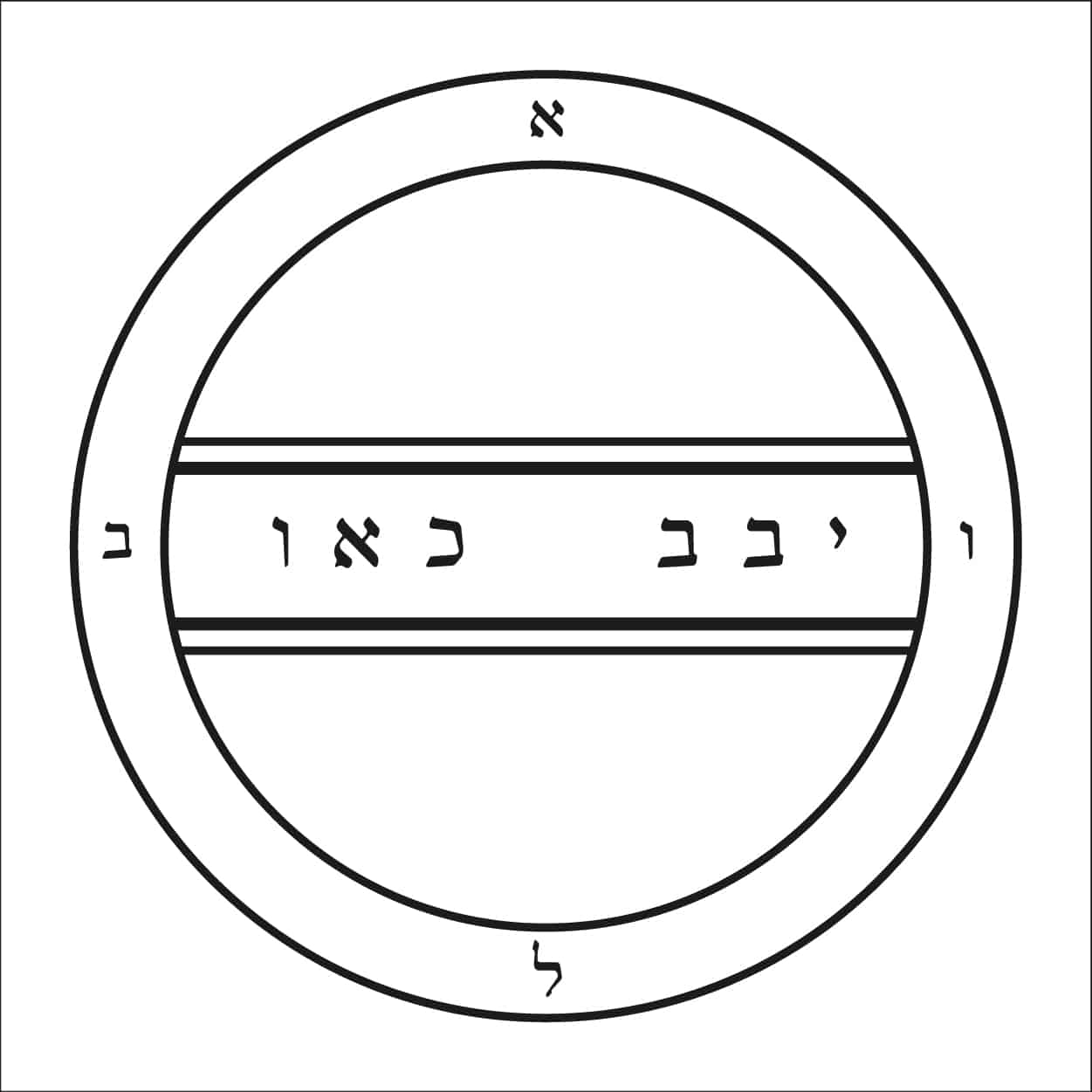 Fertility Seals
Fertility Seals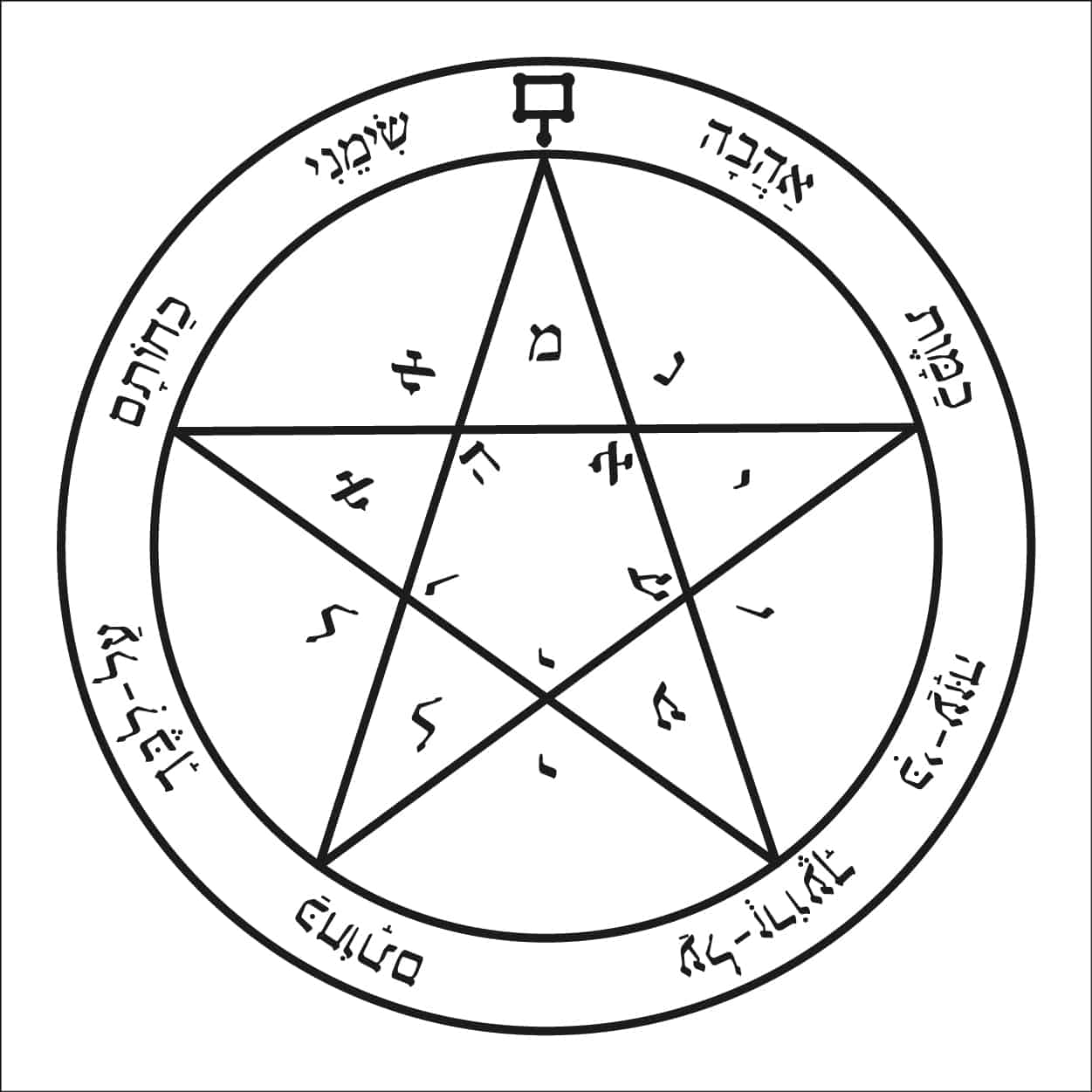 Wishes Seals
Wishes Seals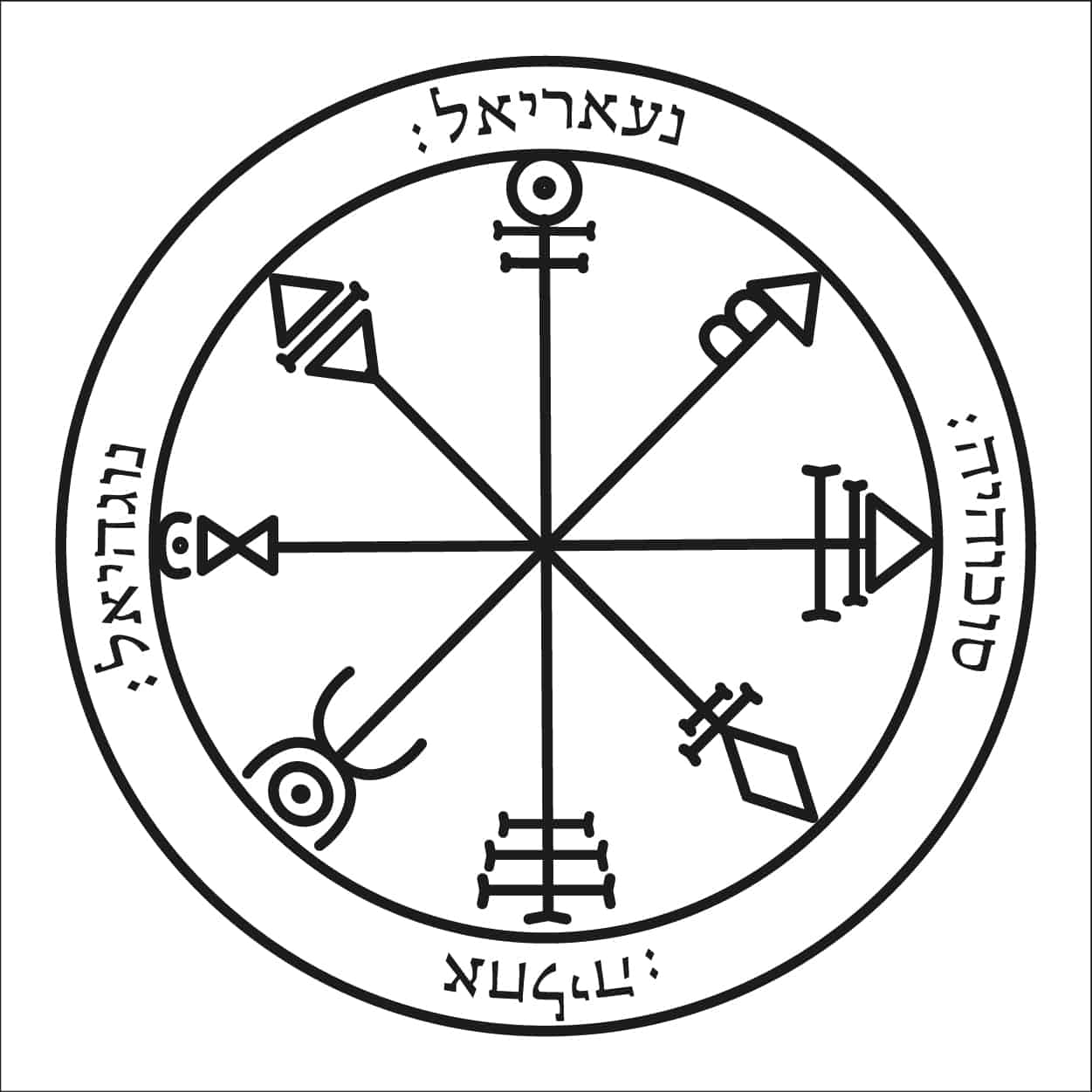 Harmony Seals
Harmony Seals Livelihood Seals
Livelihood Seals